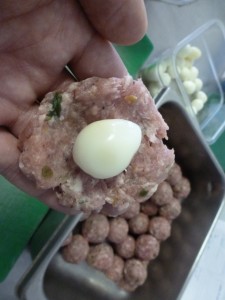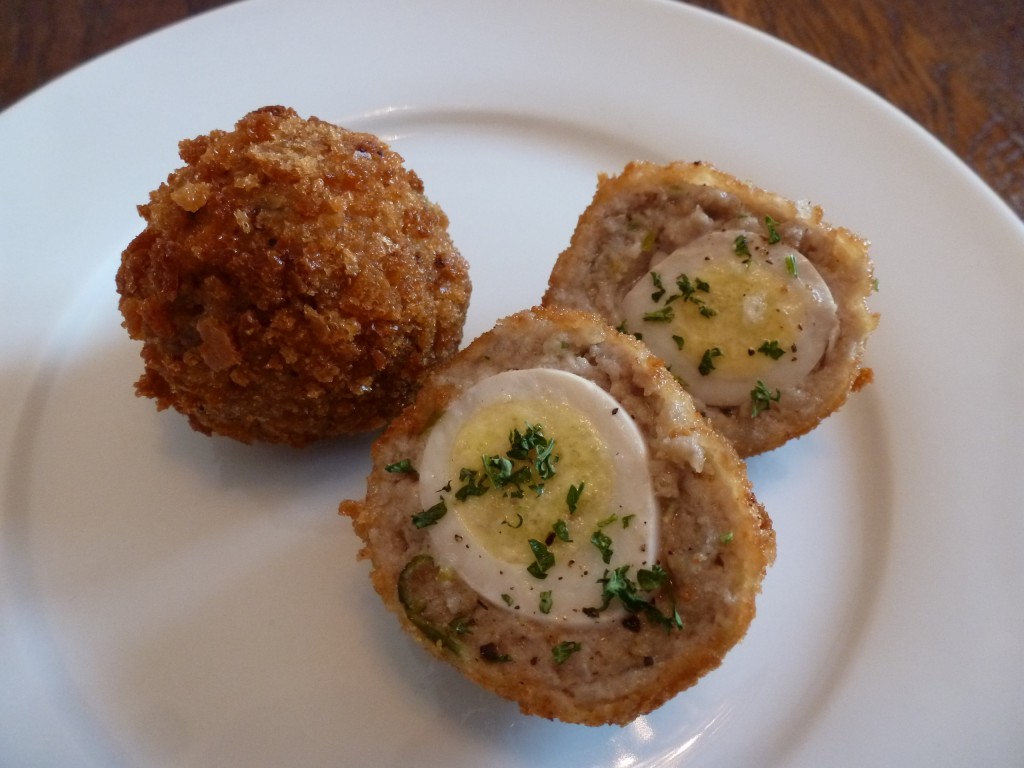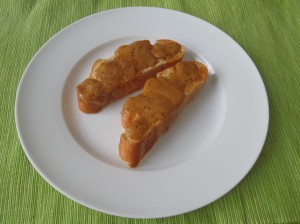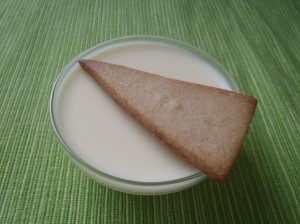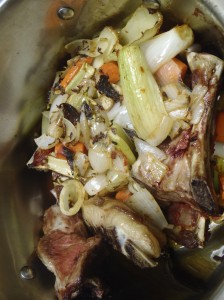Originally published January 25, 2011.
If you’re not already acquainted, let me introduce you to the proud institution that is the Burns Supper.
Robert Burns was born on January 25, 1759, in Ayr, Scotland. He grew up on farmland leased by his parents, and wrote several poems and songs about that rustic life, hence his famous epithet, “the ploughman poet.” His first book of poetry, published in 1786, was an explosive success, and he was quickly accepted into Edinburgh society, becoming a Freemason and working as a tax collector.
His poetry was written in an old Scottish dialect, one that modern English readers find more difficult to understand than Shakespeare. Even so, you probably know some of his verses. … Continue reading.
